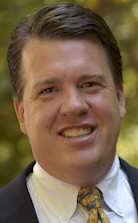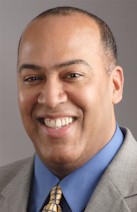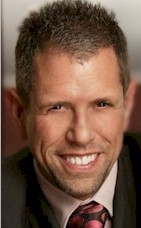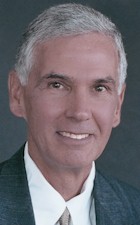
- Architecture & Design
- Proactive Snow Removal Planning for Hotels: An Ounce of Planning is Worth a Pound of Cure
How can you, as a hotel executive, minimize the impact of snow on operations? The first step is to make snow and ice removal a top priority year-round, not just when the weather starts to turn cold. Hotels that experience the best snow removal efficiency are those that begin lining up contractors in the summer and fall. These hotel executives recognize that the best snow removal teams require a comprehensive knowledge of their parking lots - and traffic patterns - before it is buried under a mass of the cold, white stuff. READ MORE












